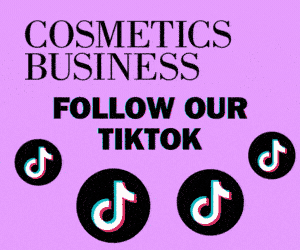BASF is growing and consolidating its existing biopolymer portfolio for personal care under a new trademark: Verdessence.
This repositioning, said BASF, places an even stronger focus on the development of biodegradable and bio-based solutions.
“In the personal care industry, the demand for sustainable biopolymers is constantly increasing,” said Christian Somigliana, Market Development Personal Care Europe.
“We are attributing this to three main pillars: consumer awareness, regulatory developments, and ambitious sustainability agendas from manufacturers and retailers.
“This is why we set out to build a holistic range of biopolymer ingredients for leave-on and rinse-off products.
“Verdessence puts our customers in the position to comply with upcoming regulatory changes and meet an increasing market demand.”
The new trademark launch coincides with the market introduction of Verdessence Tara, which provides thickening and texturising effects.
Extracted from sustainable Peruvian tara seed gum, it creates smooth and shapely textures, according to the company.
It is also skin microbiome friendly and can be used in a wide range of aqueous and emulsion systems.
It joins established products Verdessence Alginate (formerly Hydagen 558 P), Verdessence Xanthan (formerly Rheocare XGN) and Verdessence Glucomannan (formerly Hydagen Clean).
The move was announced as part of BASF’s virtual Beauty Days, taking place from today until 31 March and providing insights into the supplier’s sustainability projects.
Also included were BASF’s Responsibly Active sustainability programme, with a particular focus on the botanical sourcing of its bioactives platform, and a progress update on its Pragati certification programme for more sustainable farming of castor beans.
Five years after the start of the Pragati programme, more than 5,800 farmers have been trained, audited and certified, and 36,000 tons of certified castor seed have been grown.





